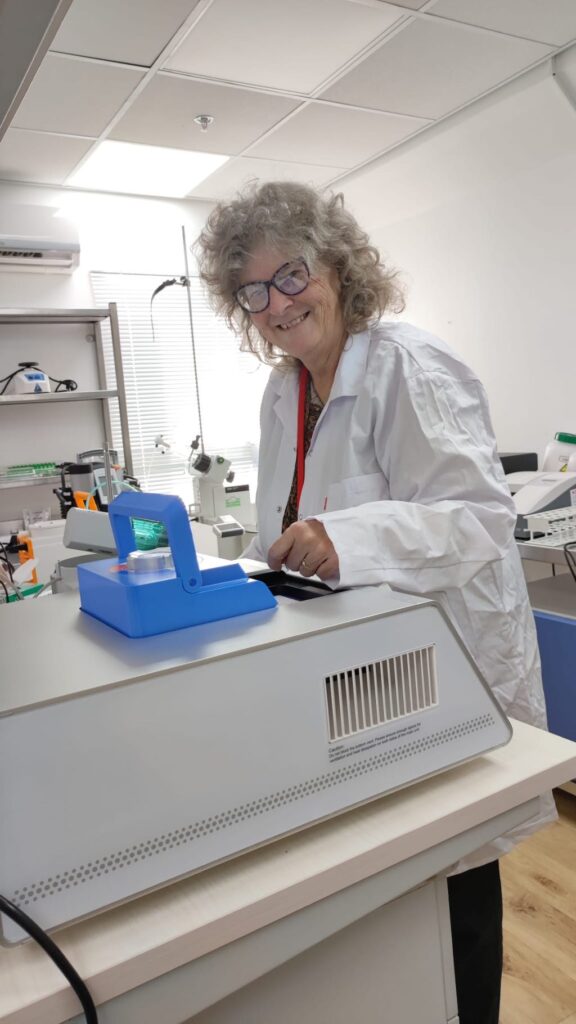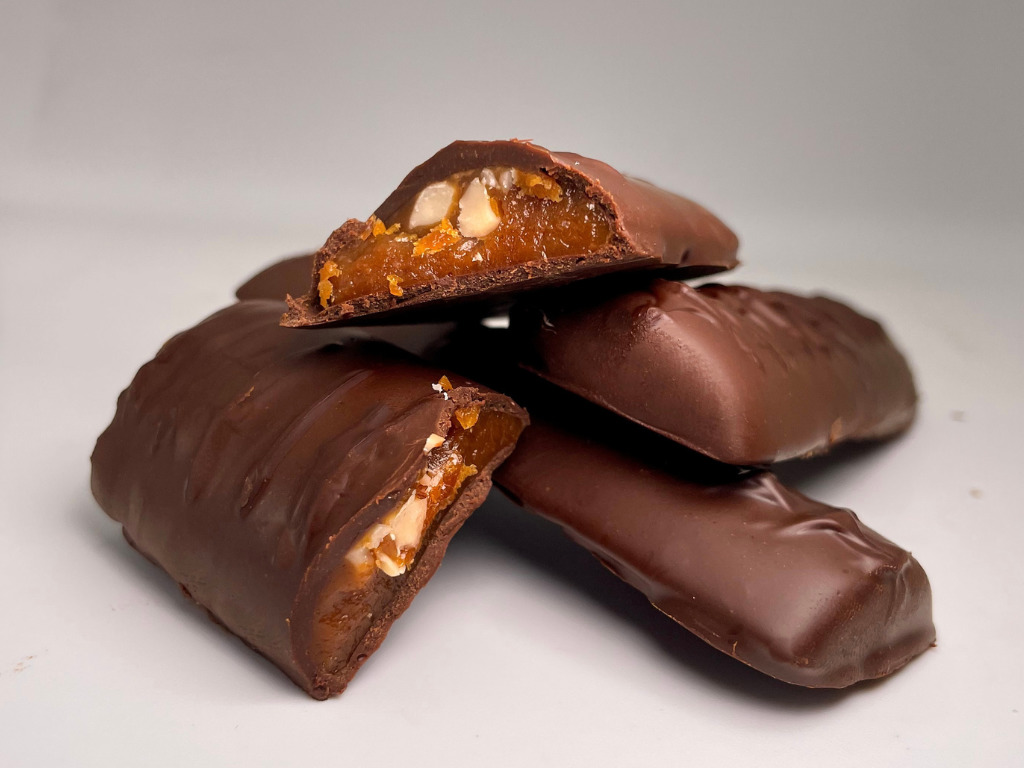Sustainable Chocolate Gets a Boost With Trendlines Investment In Celleste Bio
3 Mins Read
With support from Mondelēz International, Barrel Ventures, and Regba Group, along with Trendlines, Celleste Bio is closer to bringing its cell-based chocolate to market.
New cell-based food tech startup Celleste Bio, which hails from Israel, is out to tackle chocolate’s sustainability and labor issues. The company is producing high-quality cocoa using conventional cell culture methods.
Cacao trees, which grow in tropical regions across Latin America, Africa, and Southeast Asia, are expected to face threats as climate change increases temperatures and impacts growing seasons. The industry is also linked to deforestation and biodiversity loss.
Chocolate’s not-so-sweet side
The cocoa industry’s ongoing human rights violations also make alternatives more appealing. Despite pledges from the world’s leading chocolate producers including Hershey’s, Mars, and Nestlé to ensure their chocolate is free of child labor, problems are ongoing. The industry is also tied to other human rights violations including mistreatment of women, unfair wages, and human trafficking.
Cell-based chocolate is one potential answer to the industry’s problems. Like the tech replicates animal cells for meat and dairy, Celleste, co-founded by experts in the food tech space Hanne Volpin, PhD, CTO of Celleste, Avishai Levy, MSc,E., Orna Harel, PhD, and Daphna Michaeli, PhD, says it will reproduce cacao cells without the use of genetic modification or manipulation.

“We want to offer people the pleasure and health that high-quality cocoa products provide while eliminating the challenges of sustainable production that we face in cocoa production today,” Volpin said in a statement.
“Trendlines believes that the global need for more sustainable cocoa ingredients today and in the future, represents a tremendous opportunity for all stakeholders,” said Trendlines Agrifood Fund CEO, Nitza Kardish, PhD.
Disrupting Big Cacao
Celleste joins several other cocoa alternative producers. Last month, Seminal Biosciences emerged from stealth mode with its precision fermentation cocoa butter that performs just like conventionally grown cocoa butter.
“In addition to making chocolate more sustainable, with stateside production via bioreactors, this technology will improve the security and reliability for a key ingredient used across a variety of industries,” Alka Roy, founder and Chief Executive Officer of Seminal Biosciences, said in a statement.

U.K.-based WNWN is also working to replace conventional chocolate but it has turned to other plant-based ingredients instead of cell cultures or fermentation. It’s using barley and carob in a process that it says replicates the flavor and mouthfeel of conventional chocolate without all the negatives.
“Chocolate has a truly dark side with more than a million child laborers estimated to work in Ivory Coast and Ghana, where three-quarters of the world’s cacao is grown, and more CO2 emissions pound for pound than cheese, lamb or chicken,” WNWN CTO Johnny Drain said in a statement earlier this year. “Using fermentation we’re able to create a suite of the same flavor compounds found in cacao. We can dial up certain aromas and even adjust the acidity to bring out notes found in premium single-origin chocolates.”
Lead image courtesy of Pexels.




